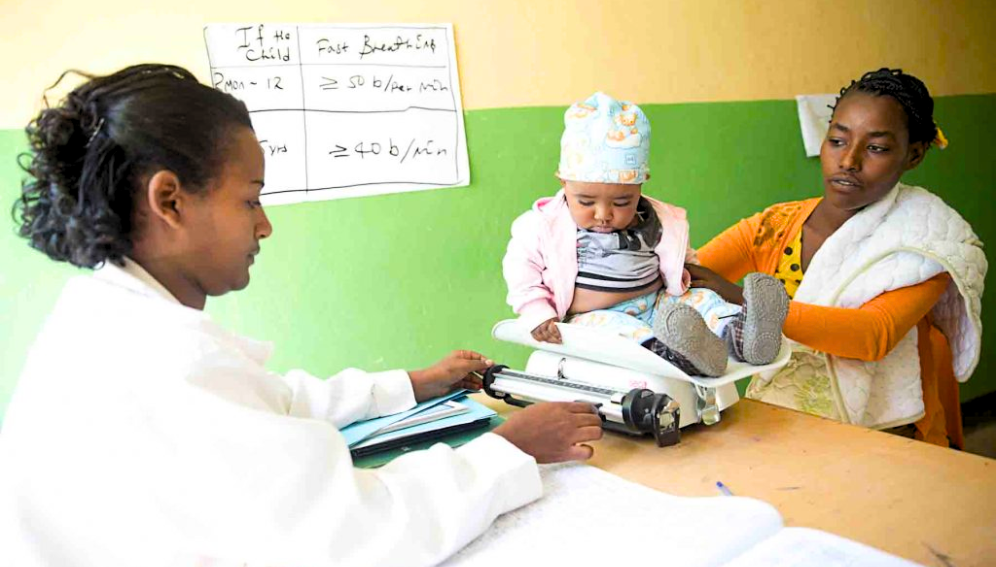Middle school students working alongside a team of biomedical researchers have discovered a never-before-seen compound from an unlikely source – goose poo.
The researchers who analysed the substance, which has been named orfamide N, found it inhibited the growth of human melanoma and ovarian cancer cells in culture tests. They believe further studies might reveal other advantageous properties of this new molecule.
“We established a university-community partnership with the Boys and Girls Clubs of Chicago (BGCC) to involve middle school students in antibiotic discovery research through a STEM outreach program, Chicago Antibiotic Discovery Lab,” the authors write in a report published in ACS Omega.
The lab, led by Brian Murphy from the University of Illinois at Chicago in the US, is focused on discovering new antibiotics from natural sources.
Over the course of the 14-week applied science program, student researchers collected environmental samples from their local communities and programmed a semiautomated antibiotic discovery robot to grow and test bacterial colonies for antibiotic activity.
One of the 14 samples collected (goose poo) contained the bacterium Pseudomonas idahoensis, which they students determined had antibiotic activity against Staphylococcus aureus. It also produced a novel compound.
The scientists used nuclear magnetic resonance (NMR) and mass spectrometry to determine its structure.
They ultimately determined it was not behind P. idahoensis’ antibiotic activity and efforts to identify the compound or compounds responsible are ongoing.









Leave a Comment